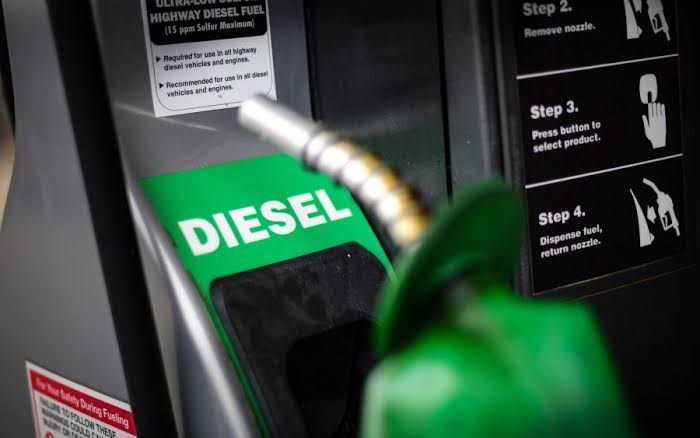
The issue surrounding Dangote’s diesel price has sparked considerable controversy, particularly as marketers have suggested a rate of N850 per liter. This development has raised significant concerns within Nigeria’s fuel industry and among the public at large.
JOIN US FOR MORE ON:
or
or Follow us on WhatsApp Channel
Dangote Group’s decision to set its diesel price at this level has brought attention to broader issues in Nigeria’s fuel market. The proposed rate by marketers is considerably higher than the prevailing price, which typically ranges lower. This discrepancy has fueled debates about the factors influencing diesel pricing in the country.
The controversy underscores the complex dynamics of the fuel industry in Nigeria, where pricing can be affected by various factors including global oil prices, government policies, currency exchange rates, and local market conditions. Additionally, the role of major players like Dangote Group can have a notable impact on market trends and pricing strategies.
It’s essential to analyze the potential implications of such a pricing decision. A diesel price hike could lead to increased costs for businesses and consumers reliant on diesel for transportation, power generation, and various industrial activities. This, in turn, might contribute to inflationary pressures and economic challenges within the country.
Moreover, the response from government authorities and regulatory bodies will be crucial in addressing this issue. The proposed diesel price by Dangote Group and marketers requires careful consideration and possibly intervention to ensure that pricing remains fair and reflective of market dynamics while also safeguarding the interests of consumers.
The controversy surrounding Dangote’s diesel price proposal highlights broader issues of transparency and competition within Nigeria’s fuel sector. It calls for a deeper examination of market regulations and the balance between private sector interests and public welfare.
